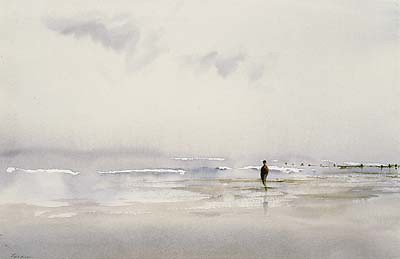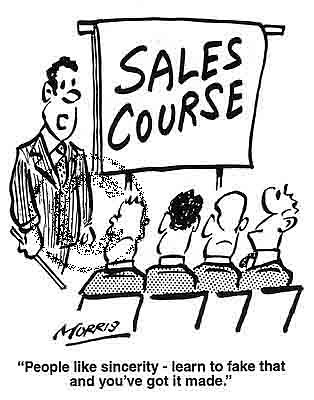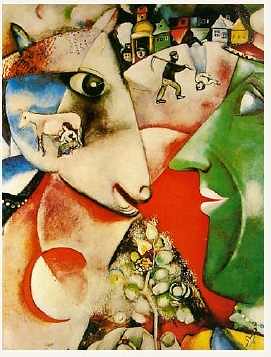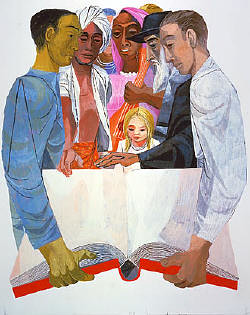Poetry at the Boonies

Dreaming
Blogs aren’t for me a consolation “for not living in a major metropolitan center”. Been there, thanks. But thanks also for the inspiration. Given the chance grow that beard—yes, ladies included, and run for them hills, as Bryan might say. When I killed Sea-Camel—and you can’t imagine the size of stone it took to sink that motherfucker—I did it because I became totally-totally discontent with the blog medium’s ass-kissing temperament. I had been corresponding with my friend Bino for some time on the subject and we agreed that “popularity” in the blog world as A.D. might define it, meant you did not rock the cradle too hard. Babies tantrum up. That was evident in my own posts, according to Bino, when nice talk that didn’t step on toes made for pleasant dancing. I, in fact, tangoed for some time. Mocking poets didn’t, however, make for pretty dancing, even if I meant it in that love-hate way. Bino eventually also killed his blog for similar reasons.
Infanticide may be sickeningly poetic, but it ain't nice. Perhaps that is why both of us rose from the ashes with separate excuses (I speak for myself) to return and create something. His was a blog about things no one could comment on again, something I missed dearly and something that hurts a blogger’s un-stroked ego. Mine was a blog about publishing something that could never be published. Interesting. I came back—though I never stopped reading my favourite blogs—for selfish reasons, primarily because I needed to know what was happening in American poetry today or Asian-American Poetry tomorrow or Puerto Rican Poetry yesterday. (So many things I disagree with and love at the same time.) I love poetry and I need to know about it. I cannot think of a better way for me to learn it. Living in the Spanish boonies I have no access to your sprawling bookstores and libraries. I know them. I also cannot get your magazines, your books. (I want to read your books though I may not like them.) And since I do not seek publication—not in that tell-me-I’m-a-great-poet way—what is it that keeps me here? I guess that I can’t help enjoying-disagreeing-hating-loving a Ron Silliman piece on the New York School, a Josh Corey piece on avant-new-pastoral, a C. Dale tip on publishing that I disagree with despite its logic and heartfelt advise, Karga on things no one else dare blog about or that Gabrial Gudding “MiPoesias” strange-issue I really liked but never mentioned. How else to correspond with people I have never met and whom I cannot even mention due to Little Emerson reasons?
That’s why I blog. Why would C. Dale or Ron, being so-called established and learned in their particular craft and style do so is beyond me, but I can understand how human they are. They are. (Curtis, much to my dismay, still doesn’t have a blog.) Guess we’re all selfish and obsessive in our little ways. It keeps us here, on the surface, cause way down deep may not be the best place for Sea-Camels to go to despite how much they hate poets and love poetry at the same time.



